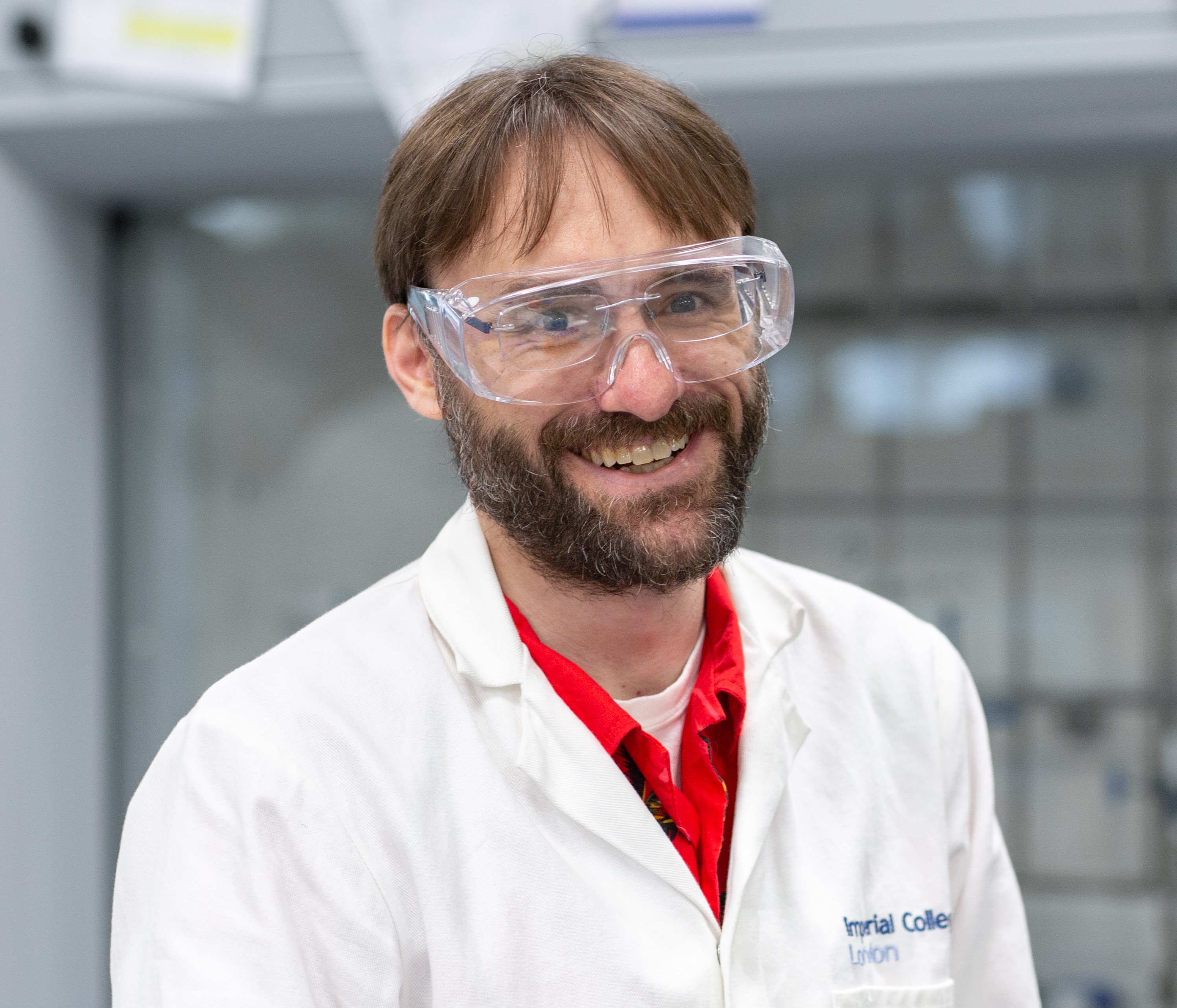Research Chairs and Senior Research Fellowships 2017-18
The process of digitisation of the analogue-material-world by systematic acquisition and archiving of data, collected during experiments which mimic in-service performance as well as during the actual in-service utilisation, continued to progress in parallel with methodical logging of corresponding simulation capabilities and matching data. This underpins the main objectives of this Rolls-Royce/RAEng Research Chair grant which aims at improving the understanding and exploitation of the behaviour of materials in the manner that best fits with the Industry 4.0 principles, thus contributing to the overarching desire to support the research and development community (irrespective of whether it is academically of industrially based) in enlarging the scope of the Digital Twin philosophy as the basis for all new future designs. In this stream of activities, the common objectives of Mechanics of Materials, Information Engineering and Robotics communities have been aligned in order to accelerate the progress on all proposed research streams of this Rolls-Royce/RAEng Research Chair grant. Primarily, advancing the understanding of the behaviour of materials subjected to extreme in-service conditions continues to be pursued, which also meets the objectives of the robotics community that aims to deploy directly or remotely guided as well autonomous devices to operate in extreme in-service conditions. This motivates joint efforts to exploit the opportunities to engage machine learning and augmented/artificial intelligence to assist humans in analysing large and seemingly unrelated large data sets, generated in the process of conducting the research, to scope the designs of new products (e.g. directly mapping the learning from gas turbine engines and robotic electric drives to new electric aircraft propultion). This carefully, but pragmatically evolving machines autonomy is aimed at shifting the focus that humans have had on “doing”
to “overseeing” tasks, this way creating the opportunities to evolve faster the ways in which new/better material systems are manufactured and new/better product designs are conceived. In addition, the paradigm shift from generating data for a specific product, to defining the new products by scoping the
available data sets can start to be explored.
Personal website: https://eng.ox.ac.uk/people/nik-petrinic/

Professor Jason Hallett

Related content
View all programmesSupport for research
The Academy runs a number of grants to support excellent researchers carry out engineering activities and to enable clo…
Research Chairs and Senior Research Fellowships
This scheme aims to strengthen the links between industry and academia, supporting academics in UK universities to unde…
